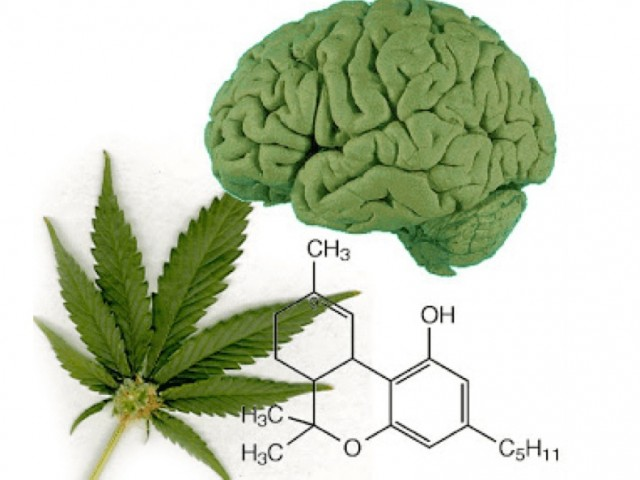Study Shows Marijuana Use Does Not Harm Brain Tissue
A team of researchers from Australia and the Netherlands recently published a study in the latest issue of the scientific journal Biology of Addiction, providing strong evidence that even regular marijuana use does not lead to damage or dysfunction of brain tissue. This research challenges prohibitionist claims that chronic marijuana use can cause the brain’s white matter to shrink, showing such statements to be false.
Until now, most scientific studies on the effects of marijuana on brain health and tissue structure have focused on how cannabinoids and their metabolites interact with the brain’s gray matter—the tissue responsible for motor control, emotional responses, and higher cognitive functions. This new study, however, examines the impact of cannabinoids on white matter, which is responsible for memory storage as well as the transmission and modulation of neural signals in the brain.
A 2019 study investigating the long-term effects of various psychoactive substances on the integrity of this type of brain tissue found that frequent use of alcohol, cocaine, and opiates gradually destroys white matter, leading to various cognitive impairments and diseases. By analogy, the authors of the current study hypothesized that marijuana might also have a similar “wearing” effect on the brain. However, the new research disproves these assumptions (it’s also worth noting that other available studies on marijuana’s impact on brain health and integrity have not reached definitive conclusions).
Study Design and Results
The experiment involved 39 volunteers who were regular marijuana users, as well as 28 individuals with no history of marijuana use, who served as the control group. Participants were selected based on factors such as their history of using other legal and illegal psychoactive substances, and the absence of chronic physical or mental illnesses that could affect the results. Over several weeks, researchers monitored the participants, regularly conducting diffusion MRI scans to determine the physical effects of cannabinoids on the structure and health of the brain’s white matter.
Ultimately, the authors found that despite active marijuana use, there were no differences in the density or structure of white matter between marijuana users and non-users. “No significant structural changes were found in either the micro or macro structure of the brains of marijuana users when comparing their MRI scans to those of the control group,” the authors report. “It can be assumed that even with frequent and long-term marijuana use, its active compounds do not have a negative impact on the structure and integrity of the human brain.”
Supporting Evidence from Other Studies
It’s also worth noting that researchers from the United States and Canada have recently published several studies clearly demonstrating that marijuana use does not cause any serious or long-term negative effects on cognitive abilities. These studies have shown that regular marijuana use is not associated with a decline in IQ, and that using the plant at a young age does not significantly affect brain structure, memory, or cognitive abilities in children. Similarly, some studies report that marijuana is not linked to an increased risk of schizophrenia or psychosis, clarifying that such reactions are more likely related to a genetic predisposition to these conditions rather than the direct effects of cannabinoids.



